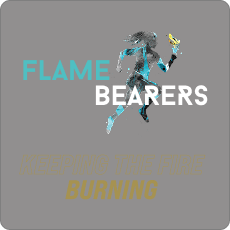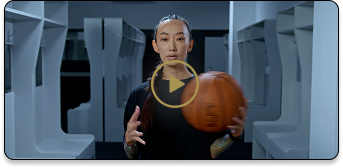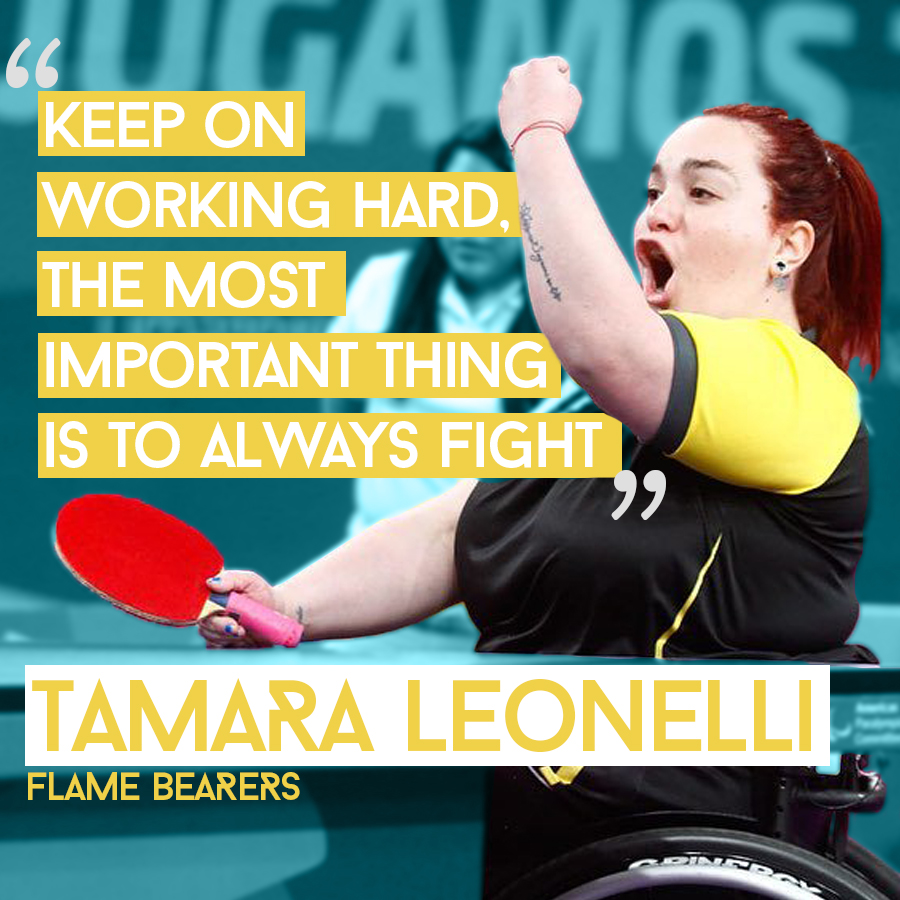Tamara (Tami) was introduced to table tennis in a rehabilitation center: Tami was born with spina bifida and had a life expectancy of 18. She is now 23 years old, the first Chilean table tennis player to win gold at the Parapan American Games, and on her way to Tokyo. Tamara’s ability to reach and connect with a wide range of people is almost as impressive as her constantly changing colored hair (most recently red, and purple before), and she’s leveraged those skills to become an outspoken advocate for members of the disabled community.
In this episode, Tamara discusses player discusses her experience with spina bifida and her dreams for the future.
Featured contributing experts in order of appearance include Paola Leonelli (mother), Judy Thibadeau (Director of Research and Services, Spina Bifida Association), and Ricardo Elizalde (President of the Chilean Paralympic Committee). English voice overs: Michele Mittelman, Melissa Mittelman and Kyle Harrold.
Audio clips from Team USA’s Opening Ceremony, 2019 Parapan American Games YouTube page.



